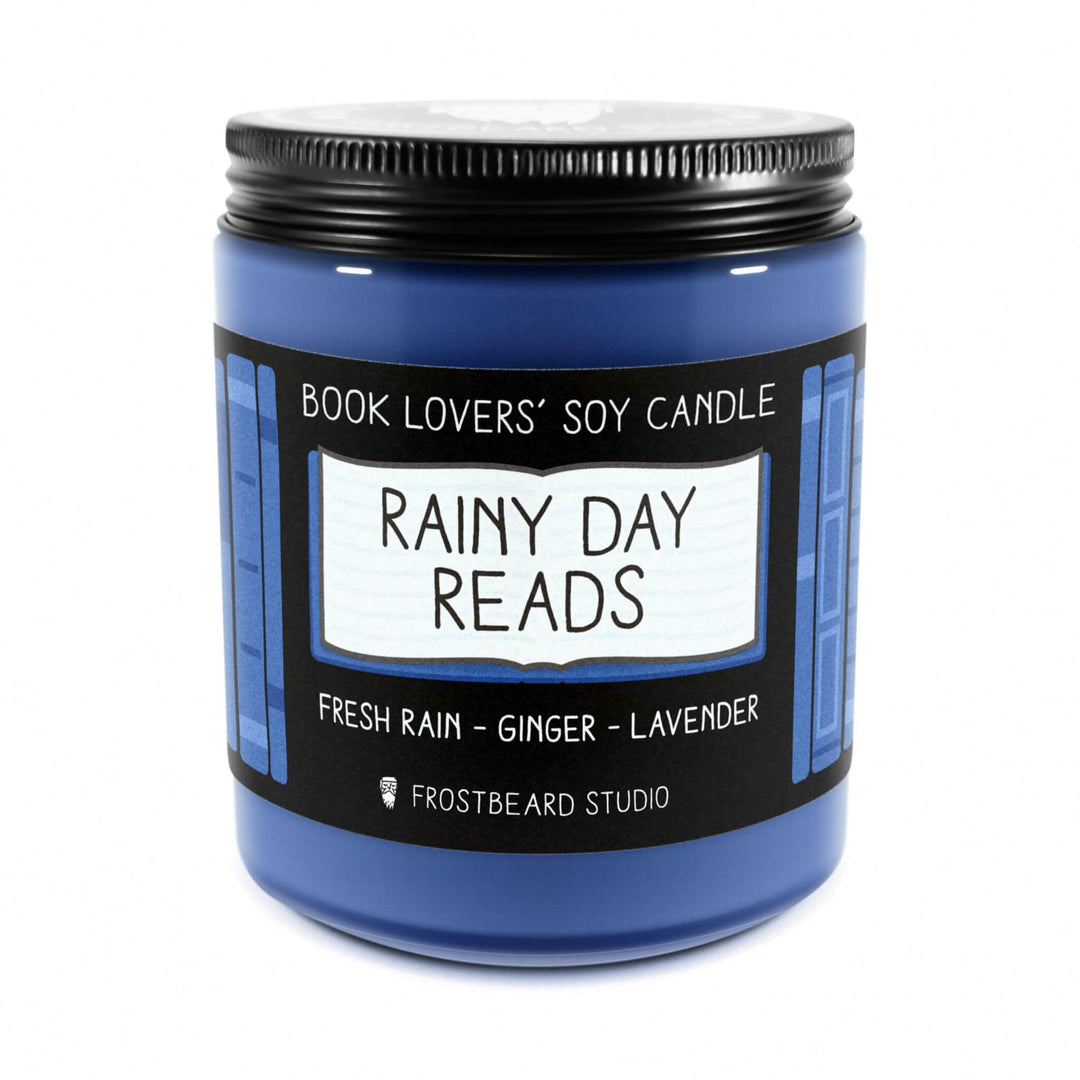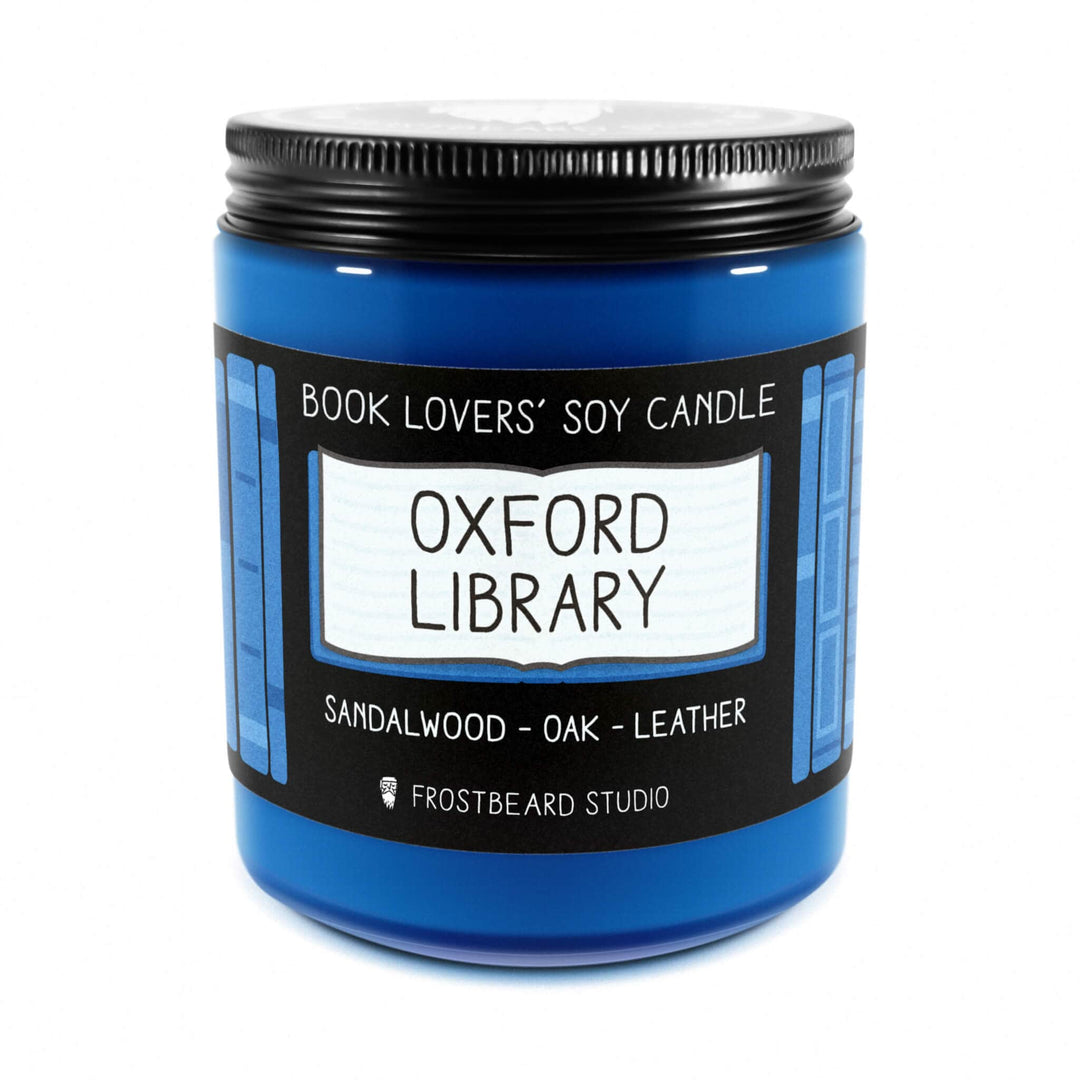Classic Books and Novels: A Must-Read List
Finding the best classic books can be like discovering hidden treasures that have captivated readers for generations. Classic literature holds timeless value, offering stories that resonate with universal truths and human experiences that cross the barriers of time and culture.
Classic novels are not just stories from the past; they are mirrors reflecting life's most profound truths. Whether it's the struggle for identity, the quest for love, or the fight against societal constraints, these books provide insights and reflections that remain relevant today. They cover every genre—romance, science fiction, and humor—proving that the essence of the human condition knows no bounds.
From exploring the colonization of Africa in Chinua Achebe’s Things Fall Apart to delving into the depths of individualism in Ken Kesey’s One Flew Over the Cuckoo’s Nest, classic books introduce readers to worlds both familiar and unknown. They invite us to question, to feel, and to aspire.
For those who cherish the warmth of a cozy reading nook, classic literature can transform reading into an immersive journey across time and place. Elevating this experience, lovingly crafted candles inspired by these literary giants can help light the way through the adventures and the trials faced by beloved characters.

In the following sections, we will explore what makes a book a "classic," dive into lists of the most revered classic novels, and answer common questions about beginning your journey through classic literature. Let’s enhance our reading experiences together by uncovering the enduring appeal and timeless value of classic novels.
Defining a Classic
When we talk about classic books, we're diving into a world where stories transcend time and culture. But what exactly makes a book a "classic"? It's all about timeless themes, universal truths, and an enduring appeal. Let's break these down.
Timeless Themes
Classic books deal with themes that everyone, no matter where or when they live, can relate to. Love, loss, adventure, and the struggle between good and evil are just a few examples. These themes are a big part of what draws readers to classics generation after generation.
Universal Truths
Classics often explore truths about human nature and society that remain relevant through the ages. They make us question our morals, ethics, and the world around us. For instance, the quest for identity in Invisible Man or the critique of social stratification in Pride and Prejudice.
Enduring Appeal
What makes a classic endure is its ability to be read and appreciated by multiple generations. It's not just that these books were groundbreaking when they were published; it's that they continue to be significant. They offer insights and perspectives that are as applicable today as they were when they first hit the shelves.
In the next sections, we'll explore some of the best classic books of all time and discuss why these stories continue to captivate and inspire readers everywhere. From the intricate social tapestry of Anna Karenina to the dystopian insights of 1984, classic novels offer a window into the past, present, and sometimes even the future.
Top 10 Most Read Classic Books
When we talk about the best classic books, we're diving into stories that have not just survived but thrived through generations. These books have touched millions of hearts and sparked countless imaginations. Let's take a closer look at some of these universally cherished reads.
The Bible
The Bible is not just a religious text but a cornerstone of literature, rich with stories, parables, and teachings that have influenced countless other works of art, literature, and culture across the globe.
Quotations from Mao Tse-Tung
Also known as the "Little Red Book," this collection of quotes by the Chinese leader has been widely read. It offers insight into Communist ideologies and the cultural revolution of China.
Harry Potter Series
J.K. Rowling's magical world of Hogwarts has enchanted readers young and old, proving that stories of courage, friendship, and love transcend age and time. The series has become a modern classic, inspiring a whole new generation of readers.
The Lord of the Rings
J.R.R. Tolkien's epic tale of Middle-earth is a testament to the power of imagination. It's a story of good versus evil, friendship, and bravery that has set the standard for fantasy literature.
The Alchemist
Paulo Coelho's inspirational novel is a modern classic that explores the journey of following your dreams and listening to your heart. It's a universal tale of self-discovery that resonates with readers worldwide.
The Da Vinci Code
Dan Brown's thrilling novel combines history, art, codes, and religion, leading readers on a gripping adventure. Its blend of factual and fictional elements has sparked debates and interest in religious and historical theories.
The Twilight Saga
Stephenie Meyer's series of vampire romance novels tapped into the hearts of teenagers and adults alike, becoming a cultural phenomenon and redefining the genre for a new era.
These books have shaped discussions, influenced cultures, and entertained readers for years, making them some of the most read and beloved classics. We'll explore timeless classic novels that continue to be relevant for every reader, proving that the best classic books are those that maintain their appeal and significance through every era.
Best Classic Books of All Time
Exploring the best classic books of all time is like taking a journey through history, encountering stories that have not only stood the test of time but have also influenced generations of readers and writers. Let's dive into some of these timeless masterpieces.
Anna Karenina by Leo Tolstoy
A tale of love, betrayal, and society, Anna Karenina unfolds in the high circles of Russian society, focusing on the tragic love story between Anna and Count Vronsky. Tolstoy's exploration of themes such as hypocrisy, jealousy, faith, family, marriage, Imperial Russian society, and rural vs. city life makes this novel a comprehensive study of 19th-century Russian life.
To Kill a Mockingbird by Harper Lee
Set in the Great Depression era in the fictional town of Maycomb, Alabama, this novel tackles racial injustice and moral growth. Through the eyes of Scout Finch, readers witness her father, Atticus Finch, as he defends a black man wrongly accused of raping a white woman. It's a powerful critique of prejudice and a poignant exploration of innocence and experience.
The Great Gatsby by F. Scott Fitzgerald
A symbol of the Jazz Age, The Great Gatsby captures the disillusionment of the American Dream through the tragic story of Jay Gatsby and his love for the elusive Daisy Buchanan. Fitzgerald's novel is a critical social commentary on the pursuit of wealth, love, and the American Dream during the Roaring Twenties.
One Hundred Years of Solitude by Gabriel García Márquez
This novel is a cornerstone of magical realism, telling the multi-generational story of the Buendía family in the fictional town of Macondo. Márquez weaves a tapestry of Latin American life and struggles, blending the magical and the real in a way that has influenced not just literature but the way we perceive reality and fiction.
A Passage to India by E.M. Forster
Set against the backdrop of the British Raj and the Indian independence movement in the 1920s, this novel explores the racial tensions and prejudices between Indians and the British who ruled India. Forster's critique of the British Empire and exploration of the complexities of friendship and relationships across cultural divides remain relevant today.
Invisible Man by Ralph Ellison
A profound exploration of identity and race in America, Invisible Man follows an African American man's journey for self-discovery from the South to the bustling streets of Harlem. Ellison's novel is a powerful discourse on race, individuality, and society, and the struggle to be seen in a world filled with prejudice.
Don Quixote by Miguel de Cervantes
Often cited as the first modern novel, Don Quixote is a humorous account of the adventures of a delusional Spanish knight who believes himself to be a chivalrous hero. Cervantes' satire of romantic chivalry and his commentary on the human condition make this novel a timeless exploration of reality and imagination.
Beloved by Toni Morrison
A haunting tale of a mother haunted by the ghost of her baby, Beloved examines the psychological impact of slavery and the complex dynamics of family and freedom. Morrison's lyrical prose and the powerful themes of memory, history, and identity make this novel an enduring masterpiece of American literature.
These classic novels offer a window into different eras, cultures, and human experiences, reminding us of the power of literature to touch hearts and minds across time and space. Each book, with its unique voice and perspective, enriches our understanding of the world and ourselves, making them essential reads for anyone who seeks to explore the depths of human nature and society.
Timeless Classic Novels for Every Reader
Pride and Prejudice by Jane Austen
Quick Take: A witty exploration of manners, marriage, and misunderstanding.
Why It’s a Must-Read: Beyond its romance, it's a sharp critique of its time's social hierarchy.
Iconic Quote: “It is a truth universally acknowledged, that a single man in possession of a good fortune, must be in want of a wife.”
1984 by George Orwell
Quick Take: A dystopian tale that explores surveillance, government control, and individual freedom.
Why It’s a Must-Read: Its themes are incredibly relevant in today’s digital and politically complex world.
Iconic Quote: “Big Brother is watching you.”
The Great Gatsby by F. Scott Fitzgerald
Quick Take: The story of the mysteriously wealthy Jay Gatsby and his love for Daisy Buchanan, set in the roaring '20s.
Why It’s a Must-Read: A poignant critique of the American Dream, exploring themes of decadence, idealism, and social upheaval.
Iconic Quote: “So we beat on, boats against the current, borne back ceaselessly into the past.”
Jane Eyre by Charlotte Brontë
Quick Take: The emotional journey of an orphaned girl who becomes a governess and falls in love with her employer.
Why It’s a Must-Read: A groundbreaking novel for its exploration of classism, sexuality, religion, and feminism.
Iconic Quote: “I am no bird; and no net ensnares me: I am a free human being with an independent will.”
Frankenstein by Mary Shelley
Quick Take: A young scientist creates life but is horrified by what he has made.
Why It’s a Must-Read: Considered the first science fiction novel, it raises important questions about ethics, creativity, and responsibility.
Iconic Quote: “Beware; for I am fearless, and therefore powerful.”
Little Women by Louisa May Alcott
Quick Take: The lives and loves of four sisters growing up during the American Civil War.
Why It’s a Must-Read: A heartwarming tale that explores themes of family, gender roles, and personal growth.
Iconic Quote: “I am not afraid of storms, for I am learning how to sail my ship.”
Orlando by Virginia Woolf
Quick Take: The adventures of a poet who changes sex from man to woman and lives for centuries, meeting key figures of English literary history.
Why It’s a Must-Read: A satirical, yet poignant exploration of gender, identity, and the nature of literature.
Iconic Quote: “For it would seem - her case proved it - that we write, not with the fingers, but with the whole person. The nerve which controls the pen winds itself about every fibre of our being, threads the heart, pierces the liver.”
Great Expectations by Charles Dickens
Quick Take: The story of Pip, an orphan whose life is changed by a mysterious benefactor.
Why It’s a Must-Read: A vivid portrayal of Victorian society that explores themes of class, ambition, and identity.
Iconic Quote: “I loved her against reason, against promise, against peace, against hope, against happiness, against all discouragement that could be.”
These classic novels not only offer an escape into varied and richly imagined worlds but also challenge us to think deeply about our own. They have stood the test of time because of their universal themes, complex characters, and profound insights into the human condition. Whether you're looking to be swept up in a romance, ponder the darker aspects of society, or simply enjoy a beautifully told tale, these classics have something for everyone.
Next, we'll explore some of the most frequently asked questions about classic books to help you dive deeper into your classic literature journey.
Frequently Asked Questions about Classic Books
What Makes a Book a "Classic"?
A book becomes a classic not just because it's old, but because it has something special. It talks about big ideas like love, loss, and what it means to be human. These books feel fresh and important even today because they touch on feelings and situations that almost everyone can understand, no matter where or when they live.
- Timeless Themes: Classics deal with ideas that never get old.
- Universal Appeal: They speak to people everywhere, crossing cultures and generations.
- Quality of Writing: Classics are often really well-written, making them a joy to read.
- Impact on Society: Many have changed the way people think or have influenced other writing.
How to Start Reading Classic Literature?
Reading classic literature might seem tough, but it can be really rewarding. Here’s how to start:
- Pick a book that interests you: Don't worry about what you "should" read. Choose something that sounds fun or interesting to you.
- Start with shorter classics: Not all classics are huge tomes. Some are quite short and can be less intimidating.
- Use resources: If you find the language or references hard, look for guides or summaries online to help you understand.
- Join a book club: Reading with others can make it more fun and help you see things in the book you might not have noticed on your own.
Can Classic Books Be Relevant to Modern Readers?
Yes, absolutely! Even though classic books were written a long time ago, the stories and ideas in them are often still very much relevant to us today. They talk about feelings, challenges, and questions that people have always had. Reading about how characters in classics deal with these can help us think about our own lives. Plus, it’s really cool to see how people in the past were not so different from us after all.
- Human Nature: Classics explore emotions and situations that we still face today.
- Historical Insight: They give us a window into how people lived and thought in the past.
- Universal Questions: Many classics ask big questions about life and society that we're still trying to answer.
By reading classic literature, you’re not just reading a book. You’re connecting with the thoughts and feelings of people from long ago. And that’s a pretty amazing thing.
Remember that classics can enrich your reading experience in so many ways. Whether you're looking for a mirror to your own life or a window into another world, classic literature has something to offer. And with a little patience and curiosity, you might just find your next favorite book in the classics section. Ready to light a Frostbeard Studio candle, cozy up, and dive into a world of timeless stories? Let’s enhance your reading journey together.
Conclusion
Reading classic books is more than just a journey through the pages of history; it's an exploration of the human condition, a dive into worlds both familiar and unknown, and an engagement with ideas that have shaped our world. The best classic books offer us a chance to see life through a different lens, to challenge our perceptions, and to connect with the universal truths that bind us all.
But we know that sometimes, classic literature can feel distant or disconnected from our modern lives. That's where the magic of enhancing your reading experience comes in. Imagine settling into your favorite reading nook, a Frostbeard Studio candle flickering softly beside you, releasing a scent that transports you straight into the heart of the story. Whether it's the musty pages of an old library, the crisp air of a Dostoyevsky winter, or the lush gardens of a Jane Austen novel, our candles create an immersive atmosphere that turns reading into an experience.
At Frostbeard Studio, we believe that the right ambiance can transform reading from a simple pastime into an immersive adventure. Our collection of book-inspired candles is designed to accompany you as you journey through the classics, enhancing every twist and turn with a sensory depth that books alone can't provide.
So, as you close the last page of your latest classic read, the stories may be timeless, but your reading experience doesn't have to be stuck in the past. With a little creativity and the right atmosphere, you can bring these stories to life in a way that resonates with your modern sensibilities. Let Frostbeard Studio help you create the perfect backdrop for your next literary adventure. Grab your next classic, light a candle, and prepare for an unforgettable journey through the pages of history.








